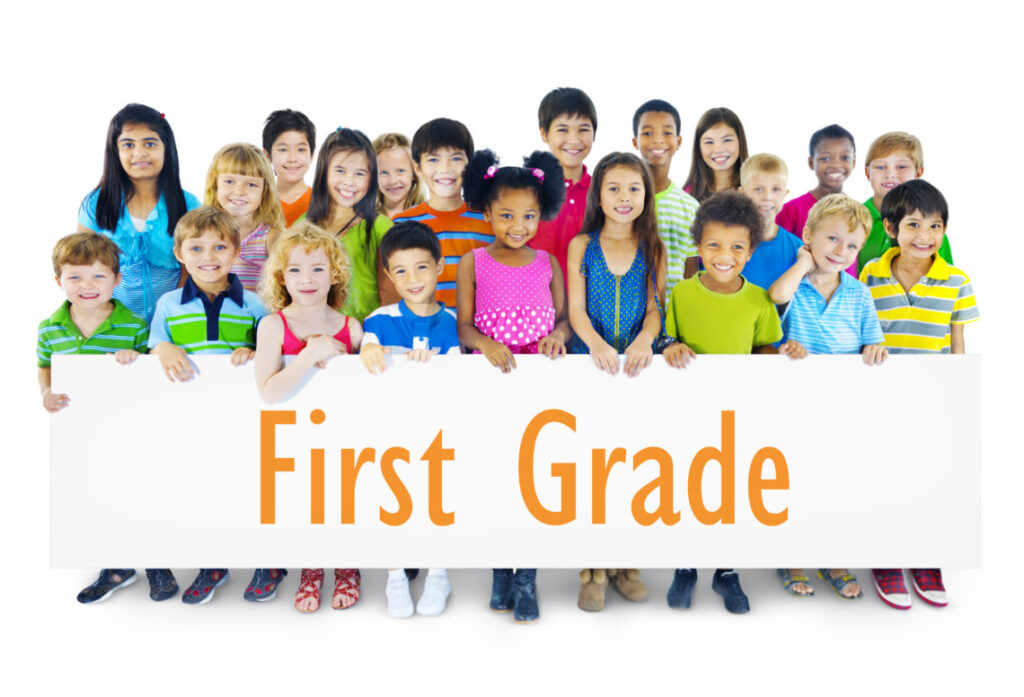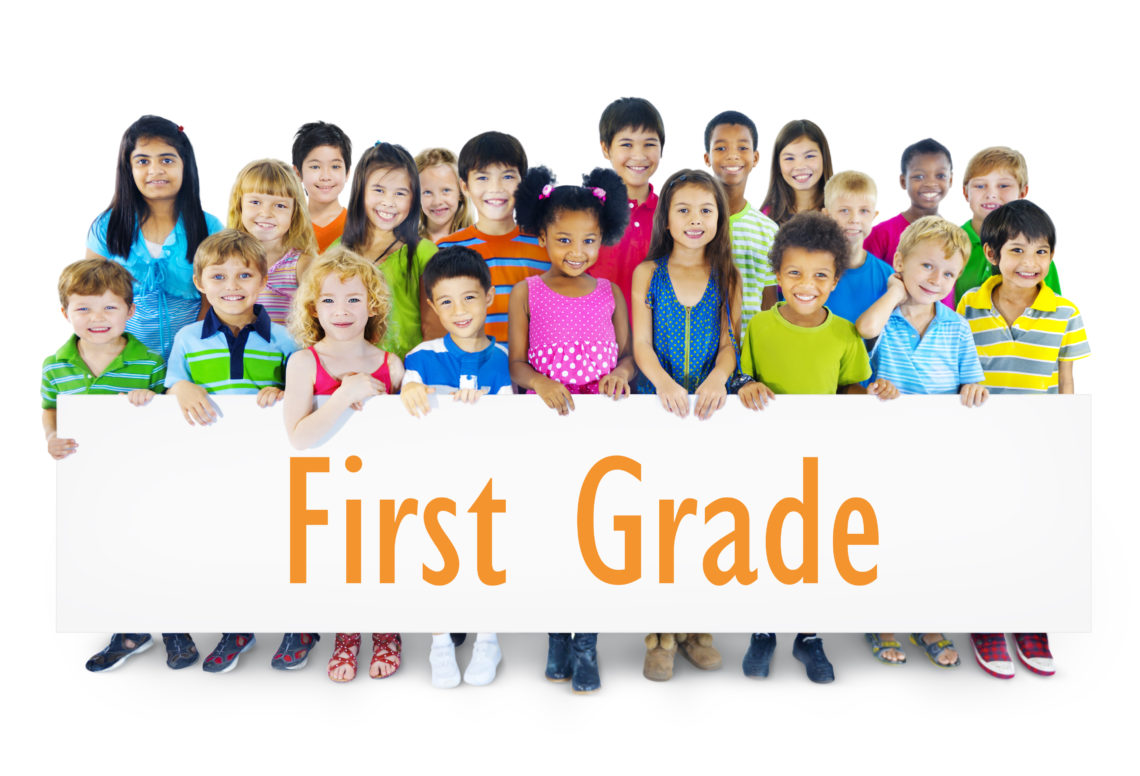
First Grader Age: Understanding Developmental Milestones and School Readiness
The transition to first grade marks a significant milestone in a child’s life. Parents often wonder about the ideal first grader age to ensure their child is ready for the academic and social challenges ahead. This article provides a comprehensive overview of what to expect as your child approaches and navigates this crucial year, focusing on developmental milestones, school readiness indicators, and how to support your first grader effectively.
Determining the Typical First Grader Age
Typically, children enter first grade around the age of six. However, the exact first grader age can vary slightly depending on school district policies and individual circumstances. Most schools use a cutoff date, often in late summer or early fall, to determine eligibility. For instance, a child turning six by September 1st might be eligible for first grade, while one turning six on September 2nd might need to wait another year. Understanding these age parameters is the first step in preparing your child for this exciting phase.
Developmental Milestones for a Child Entering First Grade
Entering first grade means a child should ideally have reached certain developmental milestones. These milestones encompass physical, cognitive, social, and emotional growth. Recognizing these indicators can help parents and educators gauge a child’s readiness and provide necessary support.
Physical Development
By the age of six, most children exhibit improved gross and fine motor skills. They can typically run, jump, and climb with greater coordination. Fine motor skills, essential for writing and drawing, are also more refined. A first grader should be able to:
- Tie their shoes (or be very close to mastering this skill)
- Button and zip clothing
- Hold a pencil correctly and write legibly
- Cut with scissors along a line
Cognitive Development
Cognitive development is crucial for academic success in first grade. Children at this age are developing their ability to think abstractly and solve problems. Key cognitive milestones include:
- Understanding basic mathematical concepts like addition and subtraction
- Recognizing and writing numbers and letters
- Following multi-step instructions
- Retaining information and recalling it later
- Demonstrating an understanding of cause and effect
Social and Emotional Development
Social and emotional maturity is equally important for a smooth transition to first grade. A first grader should be able to:
- Interact positively with peers
- Share and take turns
- Follow classroom rules and routines
- Manage their emotions appropriately
- Express their feelings and needs verbally
- Show empathy towards others
Assessing School Readiness for Your Child
While chronological age is a factor, school readiness goes beyond simply reaching a certain age. It involves a holistic assessment of a child’s skills and abilities. Parents and educators can use various methods to assess a child’s readiness for first grade.
Formal Assessments
Some schools conduct formal assessments to evaluate incoming first graders. These assessments may include tests of reading readiness, math skills, and cognitive abilities. The results can help identify areas where a child may need extra support.
Informal Observations
Parents and teachers can also rely on informal observations to gauge a child’s readiness. Observing a child’s behavior during playtime, interactions with peers, and engagement in learning activities can provide valuable insights. [See also: Early Childhood Education Best Practices]
Parent-Teacher Conferences
Parent-teacher conferences offer an opportunity to discuss a child’s progress and readiness for first grade. These meetings allow parents to share their observations and concerns, while teachers can provide feedback based on their professional experience. The age of the child is always a factor, but the overall readiness is more important.
Supporting Your Child’s Transition to First Grade
Parents play a vital role in supporting their child’s transition to first grade. There are several strategies you can use to help your child feel confident and prepared.
Reading Aloud Regularly
Reading aloud to your child is one of the most effective ways to foster a love of reading and develop language skills. Choose books that are engaging and age-appropriate. Discuss the stories with your child and encourage them to ask questions.
Practicing Basic Skills
Help your child practice basic skills like writing their name, counting, and recognizing letters and numbers. Make learning fun by incorporating games and activities. For example, you can play number games during car rides or practice writing letters using sidewalk chalk.
Establishing a Routine
Establishing a consistent daily routine can help your child feel more secure and prepared for school. Set regular bedtimes and wake-up times. Create a morning routine that includes time for dressing, eating breakfast, and preparing for the day. A clear routine helps a first grader feel more in control.
Visiting the School
If possible, visit the school with your child before the first day of classes. This can help them become familiar with the environment and reduce anxiety. Show them the classroom, library, and playground. Introduce them to their teacher if possible. This can make the age of transition less daunting.
Encouraging Social Interaction
Encourage your child to interact with other children. Arrange playdates with classmates or participate in group activities like sports or clubs. Social interaction helps children develop important social skills and build friendships.
Addressing Potential Challenges
Despite careful preparation, some children may face challenges during their transition to first grade. It’s important to be aware of potential difficulties and have strategies in place to address them.
Separation Anxiety
Some children experience separation anxiety when starting school. This is a normal reaction, but it can be distressing for both the child and the parent. To help ease separation anxiety, talk to your child about their feelings and reassure them that you will be back to pick them up. Create a special goodbye ritual, such as a hug or a kiss. [See also: Managing Separation Anxiety in Children]
Academic Struggles
If your child is struggling academically, work closely with their teacher to identify areas of concern and develop a plan for improvement. Provide extra support at home by reviewing concepts and completing homework assignments together. A first grader might need extra help, and that’s okay.
Social Difficulties
If your child is having difficulty making friends or interacting with peers, talk to them about social skills and strategies for building relationships. Encourage them to participate in activities that promote social interaction. If the problem persists, consider seeking guidance from a school counselor or therapist.
The Long-Term Benefits of School Readiness
Ensuring that your child is ready for first grade can have long-term benefits for their academic and social-emotional development. Children who enter first grade with a strong foundation of skills and knowledge are more likely to succeed in school and beyond. They are also more likely to develop a positive attitude towards learning and a strong sense of self-confidence. The age of six is a critical time for development and setting a child up for success is paramount.
Furthermore, early school readiness can contribute to improved academic outcomes, higher graduation rates, and increased opportunities for higher education and employment. By investing in your child’s readiness for first grade, you are investing in their future success. The first grader age is a pivotal point in their educational journey.
Conclusion
The first grader age is a significant milestone, and understanding the developmental milestones and school readiness indicators is crucial for supporting your child’s success. By assessing their skills, providing necessary support, and addressing potential challenges, you can help your child thrive in first grade and beyond. Remember that every child develops at their own pace, and it’s important to focus on their individual needs and strengths. With the right preparation and support, your child can embark on a rewarding and successful educational journey as a first grader.
Ultimately, determining if your child is ready for first grade isn’t solely about their age, but about their overall preparedness – academically, socially, and emotionally. By focusing on these key areas, you can ensure they have a positive and successful start to their formal education.

